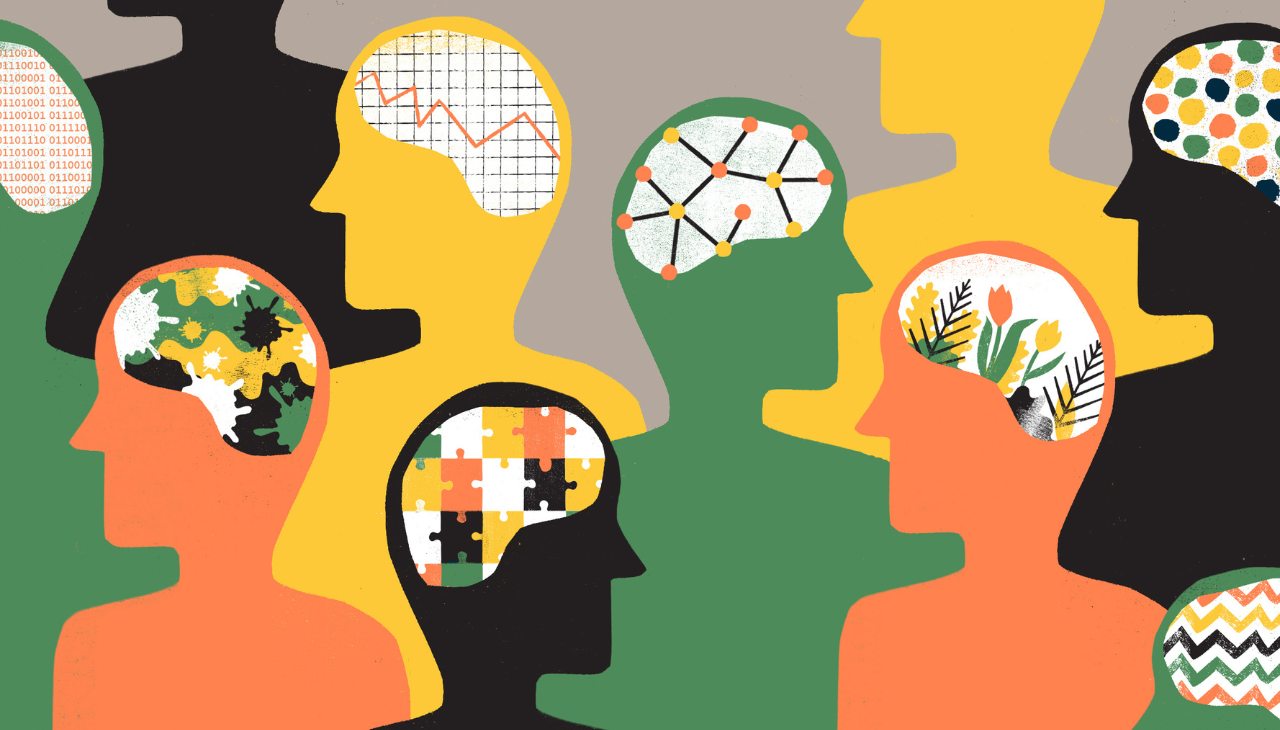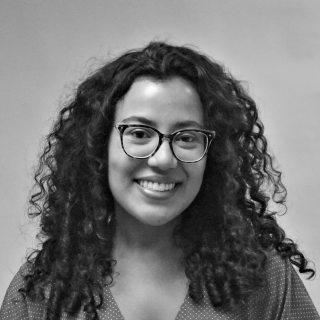
Approaching neurodivergent students in higher education
See how Landmark College, in Vermont, and Chestnut Hill Colleges, in Pennsylvania, are working to promote equity for all.
Being neurodivergent means having differences that affect how the brain works. With strengths and challenges, sometimes it can be hard for neurodivergent students to adapt in higher education. Considering the educational system in which everyone has to fit it, a lot of people who learn differently can be left out.
Landmark College, in Vermont, and Chestnut Hill College, in Pennsylvania, are committed to changing the way neurodivergent education is being addressed in the country. Both institutions don’t require students to submit a specific diagnosis, as they understand not all students can afford it — instead, documented learning differences can come from guidance counselors and other educators.
LANDMARK COLLEGE
Exclusively focused on students who learn differently, Landmark initially offered tutoring support to students that needed some skills getting ready to attend college. Now the institution is accredited by the New England Commission of Higher Education (NECHE), and offers associate and bachelor's degree programs in the liberal arts and sciences.
They also diversified the group of students they receive, which was primarily focused on language learning disabilities. Today, they have students with ADHD, autism, and other executive function challenges.
At Landmark, students don’t have to self identify at every classroom they go to. The institution’s model aims to build a community where this marginalized group can see themselves for the successful students they can be, and provide opportunities for them to achieve it.
“Part of what we started to see was that students appreciated being able to be at an institution that recognized and valued them for who they were, saw their strengths and not just their weaknesses and challenges,” said Gail Gibson Sheffield, Vice President for Academic Affairs.
The educational program at Landmark engroups the needs the students ask for — and the institution prides itself on individualized education. As they use a strength based approach, communication between the academic support team, faculty members and students is key.
“Once you walk through the door, the diagnosis goes out the window,” Gibson Sheffield said. “What we really want to do is to let the student be the focus of their own self reflection and identify what works best for them and what doesn’t.”
About 9% of the students at Landmark are Latinx, and Gibson Sheffield explained how the culture overlap — especially if they are first generation college students or come from minority communities — can be extra challenging for neurodivergent students.
“The intersectionality between students that are neurodivergent and who also come from different cultures have different perspectives on what neurodivergent means,” she added.
CHESTNUT HILL COLLEGE
Founded as a school for women back when they were unable to get an education, Chestnut Hill College’s mission is inclusivity.
RELATED CONTENT
For Laura K. Sibbald — Associate Director of the Center for Accessibility and Learning Services at Chestnut Hill College — neurodivergent students have been a marginalized community in higher education for years, and she has been working towards initiatives to change this scenario. In Summer 2022, the institution created a Neurodiversity College Program (degree program) and, in Fall 2023, a Neurodiversity Life Skills through Career (LSC) Program will be launched.
Sibbald focuses not only in creating special programs for them, but also in promoting an inclusive campus environment — in which anywhere you go feels neurodivergent affirming, she said.
“Most colleges focus on the bare level of accommodation planning, like giving extra time to submit assignments and that's it,” Sibbald added. “However, researchers have shown that you need a multi prompt approach to transition to be successful if you are neurodivergent.”
The way the institution deals with each student’s particular needs is by getting to know them and creating a safe environment that they can trust.
Sibbald explained she wanted the paperwork to enroll in the program to be affirming, so she developed a material that asks students about executive functions, independent living, social interactions, and emotional wellness.
“Students told me they had a positive experience filling the form because it wasn’t asking them about things they were doing wrong or that they were bad at,” she added.
Sibbald thinks accessibility has frequently been left out of the conversation since the White House issued their executive order on Diversity, Equity, Inclusion, and Accessibility (DEIA). She believes initiatives like the one for neurodivergent students at Chestnut Hill start the conversation on accessibility in a broader way than just physical, but overall accessibility of content and material.
“We are pushing the conversations forward,” she said. “And I think we are seeing more and more people being empowered by neurodivergent’s stories.”











LEAVE A COMMENT:
Join the discussion! Leave a comment.